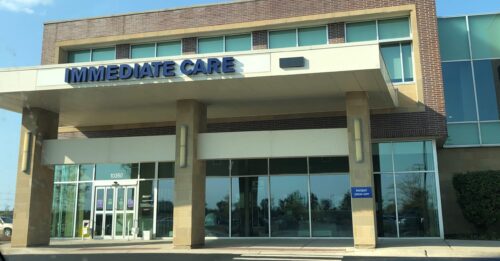Prime power for critical manufacturing through CHP
Mercedes-Benz required 8 MW of prime power for a galvanization line at a manufacturing plant in Turkey. To ensure clean, continuous power and unconditional uptime for the process line, the company selected four generator sets and a CHP trigeneration system.
Mercedes-Benz Türk A.S. required 8 MW of prime power for the galvanization line at their Hosdere bus manufacturing plant in Turkey. Mercedes-Benz Türk was established in Istanbul in 1967. In 1968, the company commenced manufacturing buses. Two years after its foundation, in 1970 they started to export buses.
By 1984, new partners were added to the enterprise when the company was appointed as the general representative of Mercedes-Benz in Turkey.
Due to increased exporting activities, a new bus factory was built in Hosdere in 1994. At this location, inter-city, municipal and coach buses are produced. Manufacturing processes at Hosdere include body shop, cathodic dip-priming, painting and assembly. Today, say company officials, Mercedes-Benz Turk is the undisputed leader of the Turkish bus, coach and truck market.
To ensure clean, continuous power and unconditional uptime for the galvanization process line, Mercedes-Benz selected four Caterpillar
The 50-Hz generator sets operate at 1,500 rpm and are rated at 2 MW, with ISO mechanical efficiency of 40.6%3.
The packages feature a SCADA-compatible digital microprocessor control for automatic regulation of ignition, engine governing and air/fuel ratio, resulting in optimum fuel economy and stringent NOx emissions control. The patent-pending air/fuel ratio control is based on charge air density to maintain NOx within tight tolerances under most ambient and load conditions.
The gensets were chosen based on their high power density, reliability and ease of installation. With power outputs as high as 100 kW per cylinder, the generator sets are capable of meeting higher power needs in a smaller area with fewer units.
Located just one meter from the cogeneration building, sound isolation is 65 dBA. Mercedes-Benz, an ISO 14001 environment management standards certified company, required less than 70 dBA to meet their organization standards.
In 2005, a trigeneration plant was commissioned in the Hosdere bus plant utilizing the four generator sets to satisfy the electricity, heating and cooling needs of the system.er or desiccant dehumidifier to help meet seasonal space-conditioning needs during the warm season.
The exhaust gas is used in four hot water boilers, each of which has a capacity of 1,000,000 kcal/h and the jacket water is used for obtaining hot water from four heat exchangers having a capacity of 675,000 kcal/h. The system produces 6,700,000 kcal/h of thermal power at full load, 3,200,000 kcal/h of which is used for obtaining cold water from the absorption chiller in summer. In winter, all of the thermal power (6,700,000 kcal/h) produced by the engines is used for the processes of the factory.
Since its installation over a year ago, the electric power equipment has exceeded the expectations of Mercedes-Benz. Nusret Kanat, technical planning and division manager at Mercedes-Benz Türk A.S. stated, “Borusan is a long-established and reliable company that has a powerful partner…. We selected them as a supplier for the Hosdere trigeneration plant for multiple reasons. Their superior after-sales network, high number of previous successful installations and a favorable unit investment cost made Cat and Borusan the right choice for Mercedes-Benz.”
For more about G3520C gensets from Caterpillar, click here .
Do you have experience and expertise with the topics mentioned in this content? You should consider contributing to our CFE Media editorial team and getting the recognition you and your company deserve. Click here to start this process.



